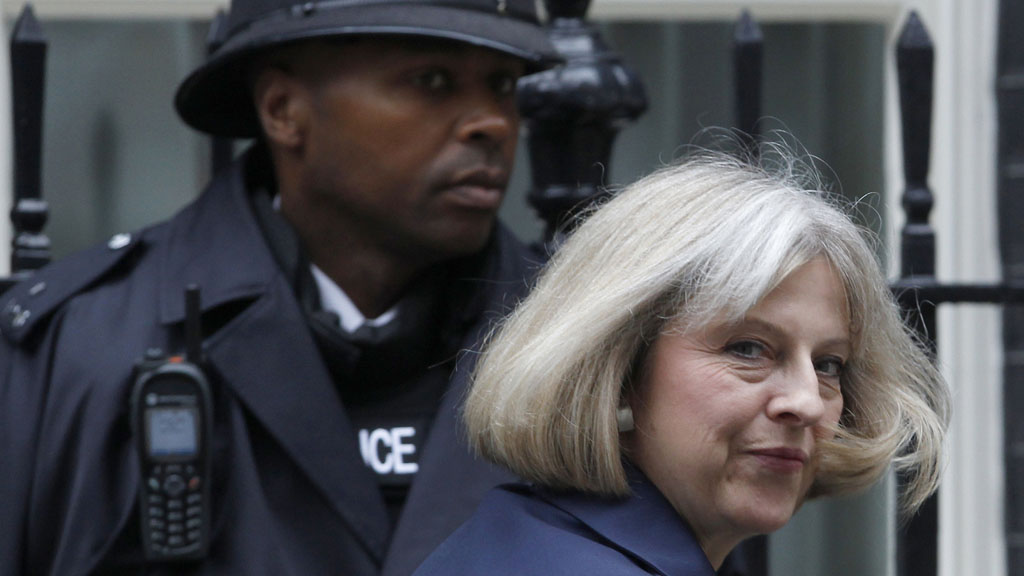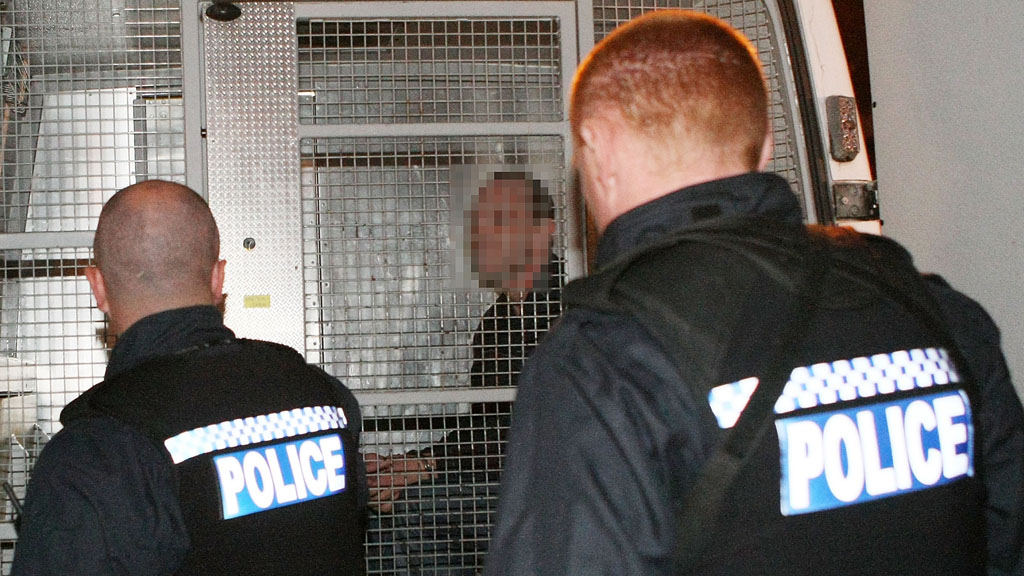Are gang-related murder laws too complex?
As MPs call for a simpler law on gang-related murders, Channel 4 News hears contrasting views from a former gang member and a university law lecturer.

The Commons Justice Select Committee has said the law surrounding so-called joint enterprise murders is too complex.
The legal principle of joint enterprise means that gang members can be convicted if present at the crime even if they do not inflict the fatal blow.
Two men were convicted of murdering teenager Stephen Lawrence earlier this month using the current legislation.
In December, five teenagers were given long sentences of detention for killing 15-year-old Zac Olumegbon who was stabbed to death as he arrived at school.
Speaking after the case, Detective Chief Inspector John McFarlane said: “The law on joint enterprise is clear and unforgiving – if you are with the knife man in a murder case you too could be found guilty and sent to prison.”
Read more: Jail is 'not a deterrent' in preventing knife crime
‘Confusion over the law’
Sir Alan Beith, the committee’s chairman, said: “This area of law is vital to ensuring the prosecution and conviction of criminals involved in gang-related violence in particular, but is now so complex that juries may find it impossible to understand how to reach the right verdict.”
But Sheldon Thomas, a former gang member, who now runs gangsline.co.uk and mentors young people, told Channel 4 News that the joint enterprise law acts as a deterrent and is straightforward.
It’s quite simple. If a crime has been committed and 10 guys were there then 10 guys go down. Sheldon Thomas
“It’s quite simple. If a crime has been committed and 10 guys were there then 10 guys go down. It shouldn’t be complicated.
“If you choose to join a gang then you go down with them.”
He added: If you’re in a gang and you see someone’s going to do something you should walk away immediately. If you stay in the area you’re asking for trouble.”
But Dr Carole McCartney, a lecturer in law at The University of Leeds told Channel 4 News the joint enterprise law is far from simple: “There are a number of cases where it feels a real injustice has been done.
What do you think? Here are some comments from the Channel 4 News Facebook page:
Owen Roberts: It's simple; if you are there and do not prevent, or attempt to prevent, a crime you are guilty.
Jaz Jackson: What this law demonstrates is the difficulty of the police and PPS to identify the actual perpetrator of a crime. If all gang members are wearing similar clothes, here in Liverpool it's black trackies, black jackets, black trainers and snoods, it's really difficult to identify the real culprit.
Ratby Euph Fran: With so many having mobile phones now, a call to 999 to say that x has y weapon and you're calling for help 'should' help ease the innocent.
Have your say at the Channel 4 News Facebook page.
“There has to be a distinction between the guy tagging along and the actual perpertrator. When the police get someone the case can be marked as solved but the guy who actually carried out the stabbing isn’t ever caught.”
“Is it right for us to be locking up 15-year olds who haven’t stabbed anyone? When you’re locking them up for 10 years you might as well forget it – you’ve written them off.”
Dr McCartney also argued the law has limitations as a deterrent: “It’s a pretty blunt instrument to use against teenagers. How many of them are wandering around thinking about joint enterprise?”
Taking action
Director of Public Prosecutions, Keir Starmer QC has agreed to produce the guidelines called for by MPs.
“Having studied the report and considered its content I have decided that the CPS will now produce guidance on the approach we will take to cases of joint enterprise, including guidance on the proper threshold at which association potentially becomes evidence of criminality,” he said.
“This exercise will be done through consultation, with interested parties, on draft guidance in due course, and as with all CPS guidance it will be kept under review.
“The CPS will also now consult with the Ministry of Justice on the best way forward for collating statistics around cases involving joint enterprise.”
More on gang violence
-

Home Secretary announces plans to tackle gang violence
11 August 2011
-

FBI-style crime agency to lead fight against drug gangs
08 June 2011
-
Latest news
-
Laughing Boy: New play tells the tragic tale of Connor Sparrowhawk5m

-
Sewage warning system allows some of worst test results to be left off rating system, analysis shows3m

-
Post Office inquiry: Former CEO didn’t like word “bugs” to refer to faulty IT system4m

-
Israeli soldier speaks out on war in Gaza12m

-
PM’s defence spending boost should be ‘celebrated’, says former Armed Forces Minister4m

-







